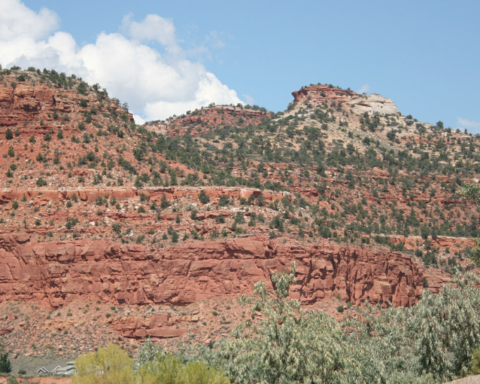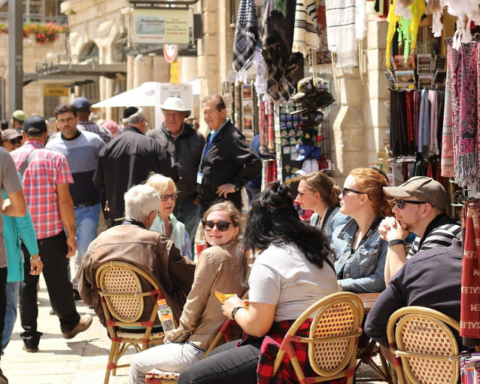Mitzpe Ramon, a small Israeli desert town in the middle of the spectacular Ramon crater is architecturally interesting. But while buildings, like luxury hotel Beresheet, just look like they’re well adapted to their surroundings (in truth, the “natural stone” is only decorated concrete), the “Landroom Observatory” is using building materials that fit well in the desert.
The small, half-round building is open at the top, offering a lookout point to protect its visitors from the wind, and while only six square meters, is also a small, very private, beautiful retreat spot at the crater. Most importantly, the observatory is made entirely of natural materials; namely built from sandstone and limestone from the Negev desert, and only ten percent of cement is the small building.
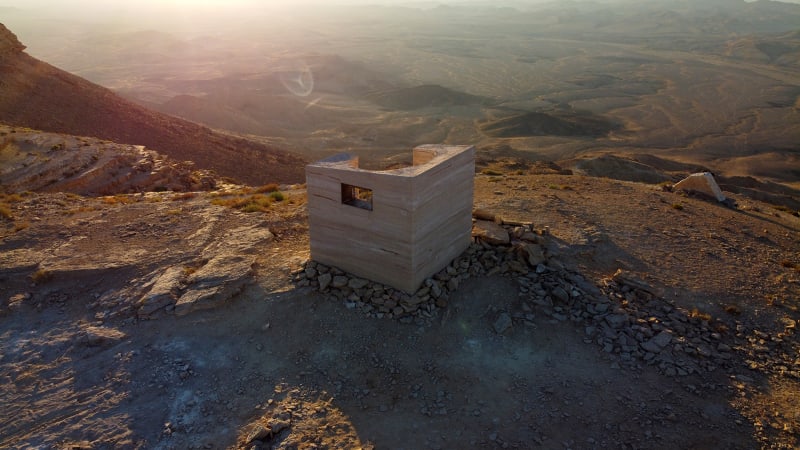
If Landroom Observatory architect Ben Gitai has his way, the architectural industry should more often dare to build with natural building materials, and not just as a surface show. “The architecture, especially in Israel, is often completely disproportionate, ostentatious, and especially harmful to the environment due to the main use of concrete. Natural building materials offer better insulation and are cheaper. There is no reason why Israel shouldn’t make much more use of it. ”
In fact, the construction industry in Israel is not yet known to be particularly sustainable. Not only do the working conditions need to be urgently improved, every year, 2.5 more people than in the European Union die on Israeli construction sites (per 100,000 construction workers). Additionally, many construction sites do not even come close to the precise building standards that are familiar in Germany or Switzerland. How buildings and homes are built, and how little attention is paid to environmental protection or the people who then live or work there, is problematic.
Many real estate projects in Israel’s history, especially for housing, were due to the lack of sufficient living space and were advanced under extreme time pressure, which can still be seen until today. It is still the case that whole neighborhoods will be built from scratch in just a few years. In Israeli architecture, there is little space left for masterpieces.
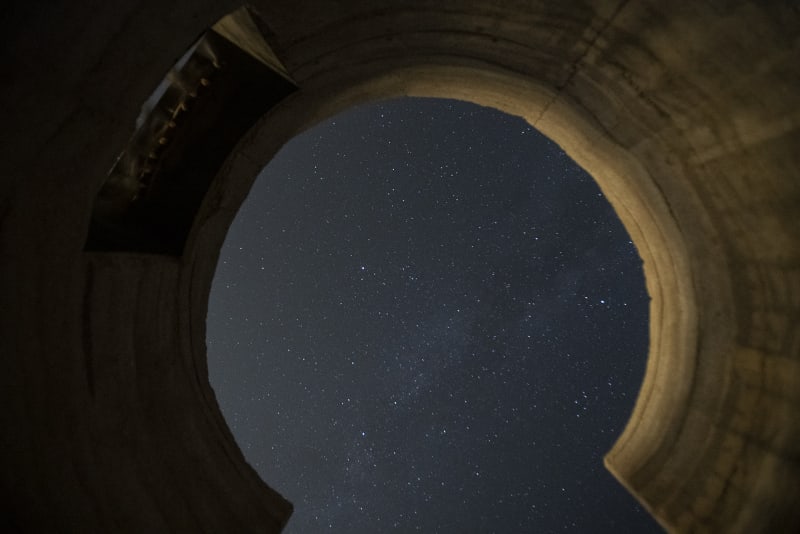
Gitai, who grew up in Haifa, has French roots, and teaches at ETH Zurich, but still believes that Israel as a start-up nation could become a pioneer in the construction industry. “Israel is such a young, small country, changes here are a lot easier and possible. The fear of innovation is much smaller than in many other countries because Israelis are not afraid of failure – these are the best conditions to revolutionize the construction industry and architecture in the country.”
Gitai orients himself towards modesty in his own projects, such as Ben Gurion in his desert home in Sde Boker. Materials such as clay and natural stone can not only store heat better, cool during the day, and warm at night, they also do not emit toxins that their residents could inhale.
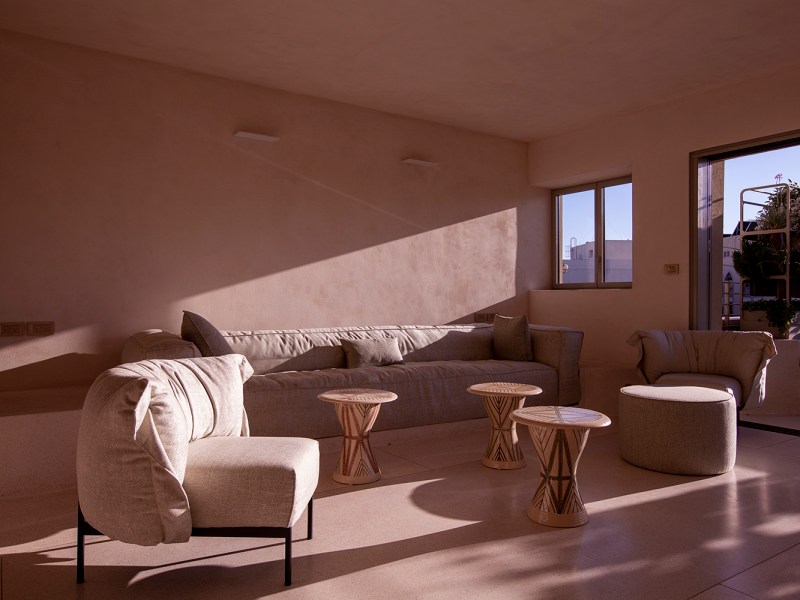
His next big project is to build a hotel entirely based on natural building materials in Mitzpe Ramon: To do this, Gitai examines life in the desert and how to get to it. For example, vegetable cultivation can be integrated into such desert projects. Here the architect sees parallels to challenges that other desert metropolises like Dubai employ that Israel could support. “During the corona crisis, there is an understanding that you must learn to take care of yourself better. Israel already has a lot of experience in this area where many innovations such as drip irrigation have already been developed – we can share our knowledge, and thus deepen peace with our Arab neighbors.”
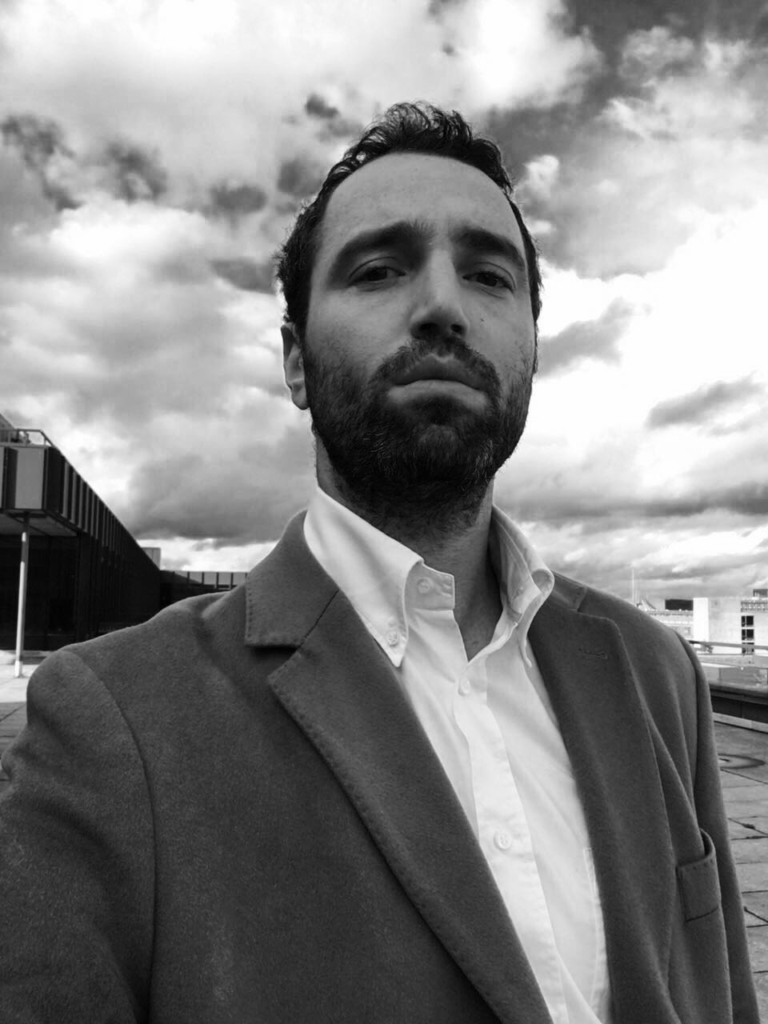
Translated from German; written by Katharina Hoeftmann Ciobotaru


